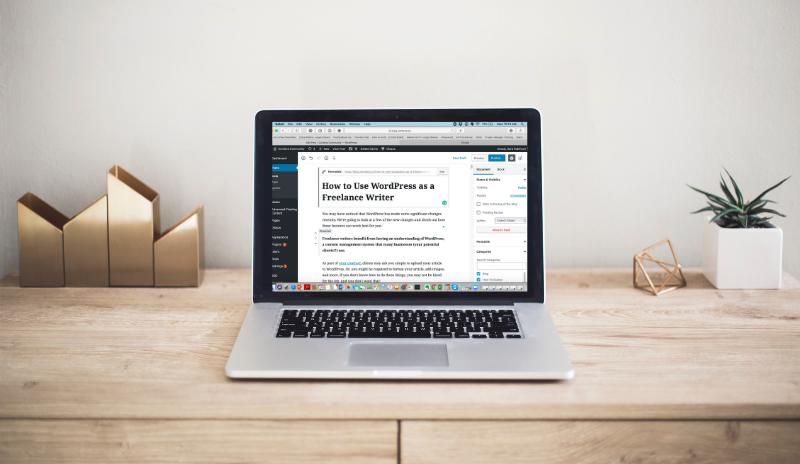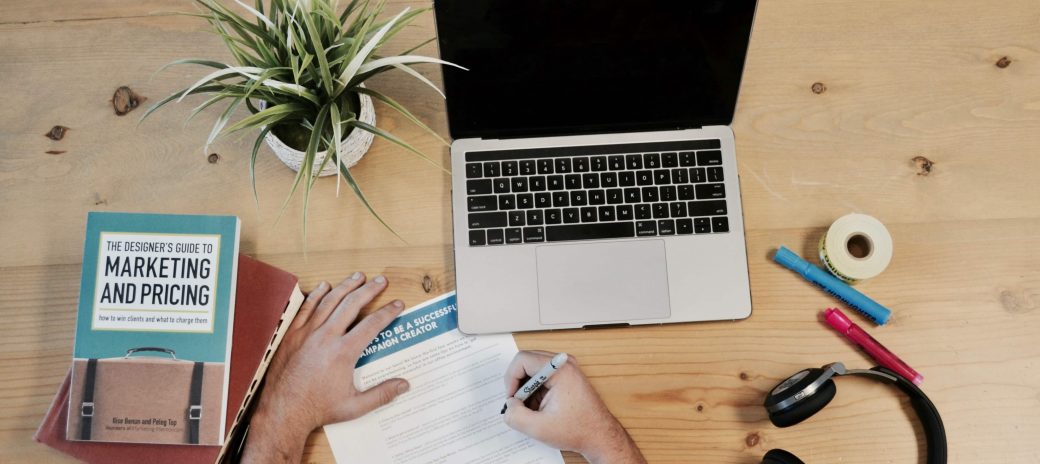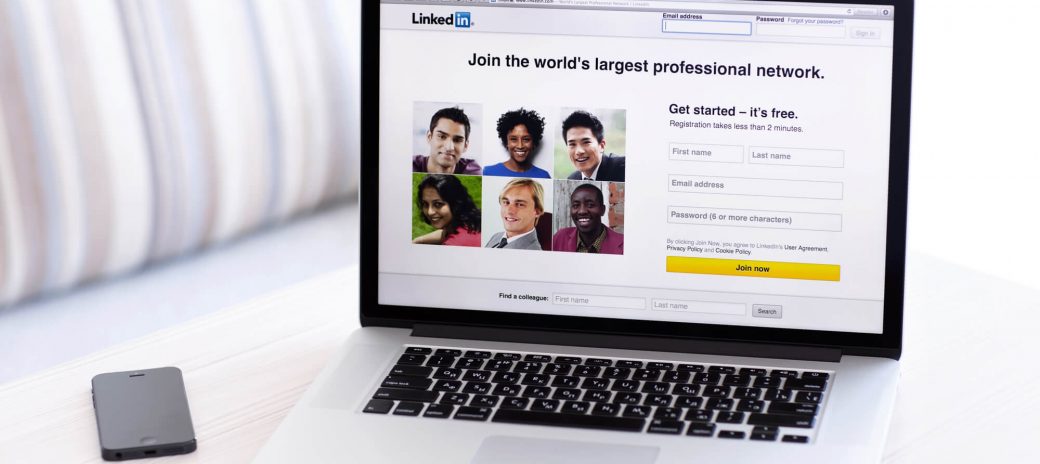You’ve just started freelancing. Maybe you’ve even landed your first few gigs.
You thought finding work would be the toughest part of your job as a freelance writer.
But now you have to navigate the minefield of dealing with editors.
This can be even worse than dating.
In fact, it’s kind of similar.
You want to impress the editor, while you’re wondering if they like you.
You don’t want to act stalkerish, so instead, you analyze every word of their emails and refresh your inbox waiting for their next note.
Fortunately, dealing with editors can be a little easier with some insight into how they think.
As a former editor of five different publications, I’ve worked with dozens of freelancers over the years, so I have the perspective on being on both sides of this relationship.
Here’s my take on what editors want their freelancer writers to know to create a happier, more successful relationship.
1. Turn in Your Assignments on Time
This shouldn’t have to be said, but it’s important for new freelance writers to know how important it is to turn in work on time – and why.
Chances are, there’s someone (or a few people) your editor has to answer to, like a publisher, managing editor, or the overall creative team.
When your article is late, it can throw off the whole schedule.
And your editor will get in trouble.
No one likes to be in trouble at work, so the best way to get an editor to like you is to turn in high-quality content, on time.
2. Don’t Forget to Proofread
Sometimes, a colleague or friend will ask me to read over their work before they submit it. Presumably, this is not a rough draft. But if I start pointing out typos and grammatical errors, they get irritated with me.
“That’s my editor’s job, to fix all that,” they say dismissively.
It is not an editor’s job to fix your spelling or grammar.
Editors may copyedit your piece to fit the tone of their magazine.
Or they might make changes to reflect the idea they had in mind when they assigned the article.
Ideally, a good editor will take your already-excellent writing and help it shine.
If you lack an eagle eye, make a lot of typos, or are fuzzy on grammar rules, that’s not a crime.
And it’s not unusual.
Invest in Grammarly or another app to help fix your mistakes before your content reaches your editor.
Reading your work aloud may also help you catch anything technology misses.
3. Be Transparent and Keep Your Editor in the Loop
Your article is due in two days and you can’t reach your source, or you’re having trouble finding people to speak about your topic.
As an editor, I appreciate it when a writer comes to me to let me know about difficulties.
Ideally, they will tell me before the article is in danger of being late.
As a writer, whenever I’ve had trouble reaching a source and reached out to my editor, it’s worked in my favor.
The editor was often able to help me solve the problem, suggest an alternate source, or give me an extension for the article.
Of course, you should try to solve the problem on your own first. But if you’ve called a source twice and they haven’t responded, it may be time for some editorly intervention.
Likewise, if you run into personal problems or issues – like a computer crash or an illness – that may delay your article, let your editor know as soon as possible.
I recently spilled coffee on my laptop after I’d been up until midnight working on an article.
I emailed my editor from my iPhone right away, told her how I planned to solve the problem by purchasing a USB keyboard in the morning and let her know how soon I could have the article done.
She was able to get us some more time.
After using the detachable keyboard as a temporary fix for a few days, I purchased a new computer with the money I earned from the completed article.
4. Don’t Be Afraid to Ask Questions
In general, editors appreciate open communication.
If you have a question about the angle of an article, aren’t sure what type of lead may work best, or aren’t sure about the length of the article, ask.
You shouldn’t email your editor about every little word choice. And it’s a good idea to read through prior emails to see if a question may have already been answered
Editors appreciate writers who are conscientious and diligent and asking questions shows you care about the work you turn in.
5. Word Counts Matter
Word counts exist for a reason.
In print publishing, word counts are strict because they are determined by the layout of the magazine. Print magazine articles shouldn’t exceed the desired length by more than about 20 words, and they shouldn’t run short at all.
Web writers may have a bit more leeway.
If you’re writing for the Web, ask the client if there is any flexibility in the length of the article, especially if you think you may go over the word count by more than 100 words.
Since you’re contracted to write an article of a specific length – and are being paid accordingly – you should never write less than the desired word count.
6. Follow Up If You Haven’t Heard from Your Editor
You submitted a blog post two days before the deadline. A week has passed and you still haven’t heard from the client.
Sometimes emails get lost, so you should always make a note to follow up on article submissions a week after you submit a piece.

7. Don’t Take It Personally If Your Editor Doesn’t Have Time to Chat
It’s true that some editors “ghost” writers, fail to respond to pitches or submissions, or take weeks to answer.
Don’t take it personally. Freelance writers are busy, of course. And so are editors.
Editors don’t “owe” their writers anything other than on-time pay.
They don’t owe you a critique of your pitch they passed on (or even a response, as infuriating as that may be).
It is not their job to encourage you, mentor you, or be your friend.
If your editor replied with a one-sentence or one-word email, it doesn’t mean you won’t ever work with them again.
Maybe you caught them on a busy day.
Maybe the editor is just socially awkward.
Don’t try to read between the lines too much. If an editor likes your work, they will probably hire you again.
8. Take Your Social Cues from the Editor
Similarly, let the editor determine how friendly you get with each other.
I love chatting with some of my clients. Our calls run long because we are talking about our vacations, our favorite restaurants, or even our kids.
I have other clients I don’t know anything about.
Don’t presume a closeness that isn’t there by sharing too many personal details too soon. Let the relationship build naturally, if it does.
Likewise, let the client determine how you communicate. Some clients want to jump on a call before every article.
Most editors today prefer to communicate exclusively through email.
Unless you are willing to sacrifice a freelance gig because you don’t want to make phone calls, it’s best to let the editor determine how you will exchange information.
9. Editors Are People, Too
It’s true that you shouldn’t expect your editor to be a mentor or a friend.
But when you find one that fills this role, is fun to work with, and appreciates your efforts, make sure to thank them.
Even if your editor only does the bare minimum, responding to your pitches and paying your invoices on time, you should let them know you value their work.
Kindness goes a long way toward building a long-term relationship. (Just like in dating.)
Final Thoughts
In addition to writing well, meeting deadlines, and knowing where to find the best freelance writing jobs, dealing with editors is another important aspect of building a successful freelance career.
Having been on both sides of the editor/writer fence over my 25-year career, I can say that taking time to understand your editors and creating good relationships with them pays off.
These 9 insights will help you understand an editor’s perspective and help you to be the type of freelance writer that editors love to work with.










